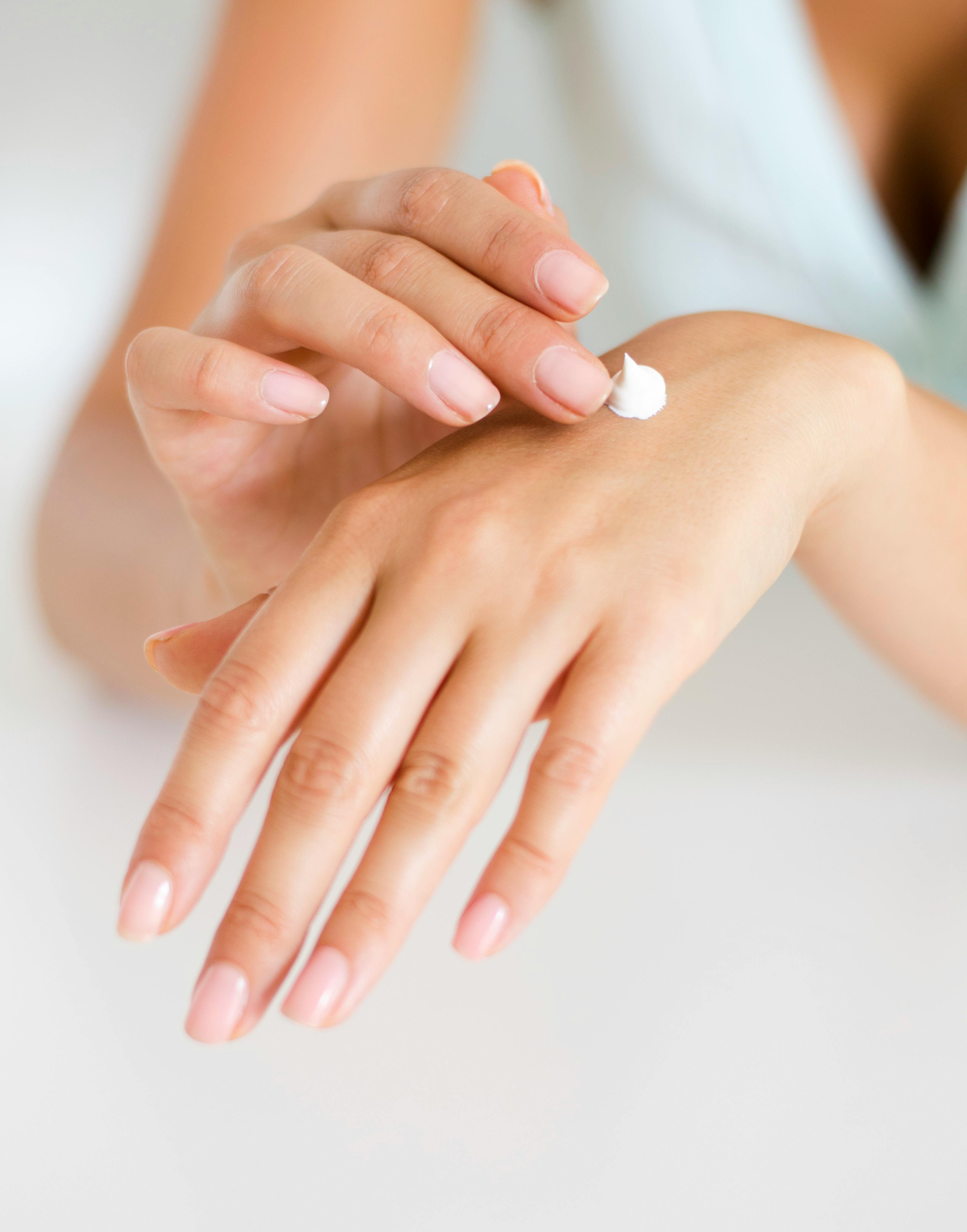Effective Solutions for Relief From Vaginal Itching
Vaginal itching is a common and often uncomfortable issue that many women face at some point in their lives. This persistent discomfort can be caused by various factors, ranging from simple irritants to more complex medical conditions. Understanding the root causes and exploring effective remedies is crucial for finding relief and maintaining optimal vaginal health.

What Are the Common Causes of Vaginal Itching?
Vaginal itching typically results from several underlying factors that disrupt the natural balance of the vaginal environment. Yeast infections rank among the most frequent culprits, affecting approximately 75% of women at least once in their lifetime. These infections occur when Candida albicans, a naturally occurring fungus, overgrows due to hormonal changes, antibiotic use, or compromised immune function.
Bacterial vaginosis represents another leading cause, developing when harmful bacteria outnumber beneficial lactobacilli in the vagina. Sexually transmitted infections, including trichomoniasis, chlamydia, and herpes, can also trigger persistent itching alongside other symptoms.
Non-infectious causes include contact dermatitis from scented soaps, laundry detergents, or synthetic fabrics. Hormonal fluctuations during menopause, pregnancy, or menstrual cycles can reduce estrogen levels, leading to vaginal dryness and subsequent irritation. Stress, diabetes, and certain medications may also contribute to vaginal discomfort.
What Medical Treatments Are Available for Vaginal Itching?
Healthcare providers offer various prescription treatments depending on the underlying cause of vaginal itching. For confirmed yeast infections, antifungal medications like fluconazole (Diflucan) provide effective oral treatment, while topical options include prescription-strength clotrimazole or terconazole creams.
Bacterial vaginosis typically requires antibiotic treatment with metronidazole or clindamycin, available in oral or vaginal gel formulations. For sexually transmitted infections, targeted antibiotic or antiviral therapies address specific pathogens while providing symptom relief.
Hormonal causes may benefit from estrogen therapy, including vaginal estrogen creams, tablets, or rings that restore moisture and tissue health. Postmenopausal women often find significant relief through these localized hormone treatments, which carry fewer systemic risks than oral hormone replacement therapy.
For chronic or recurrent cases, healthcare providers may recommend longer treatment courses, maintenance therapy, or investigation into underlying conditions like diabetes or immune system disorders that contribute to recurring infections.
How Can You Prevent Vaginal Itching?
Prevention strategies focus on maintaining optimal vaginal health through proper hygiene practices and lifestyle modifications. Wearing breathable, cotton underwear allows air circulation and reduces moisture retention that encourages bacterial or fungal growth. Avoiding tight-fitting clothing, especially synthetic materials, helps prevent irritation and excessive heat buildup.
Gentle cleansing with unscented, pH-balanced products protects the vagina’s natural acidic environment. Douching disrupts beneficial bacteria and should be avoided entirely. During menstruation, changing tampons and pads frequently prevents bacterial overgrowth, while choosing unscented menstrual products reduces irritation risk.
Dietary choices can impact vaginal health, with probiotics supporting beneficial bacteria populations. Limiting sugar intake may help prevent yeast overgrowth, particularly for women prone to recurrent infections. Staying hydrated and maintaining good overall health through regular exercise and adequate sleep supports immune function and vaginal wellness.
Safe sexual practices, including consistent condom use and open communication with partners about sexual health, reduce the risk of sexually transmitted infections that cause vaginal itching.
What Are Some Lesser-Known Facts About Vaginal Health in the USA?
The vaginal microbiome contains over 50 different bacterial species, with healthy vaginas maintaining a delicate balance dominated by protective lactobacilli. These beneficial bacteria produce lactic acid and hydrogen peroxide, creating an acidic environment that inhibits harmful microorganisms.
Research indicates that Black and Hispanic women in the United States experience higher rates of bacterial vaginosis compared to white women, potentially due to genetic factors affecting vaginal pH and microbiome composition. Additionally, the vaginal microbiome changes throughout a woman’s menstrual cycle, with variations in bacterial populations corresponding to hormonal fluctuations.
Contrary to popular belief, the vagina is self-cleaning and doesn’t require internal washing or douching. The natural discharge that many women experience actually serves important protective functions, including maintaining pH balance and flushing out potentially harmful bacteria.
Studies show that stress significantly impacts vaginal health by affecting hormone levels and immune function, making women more susceptible to infections during high-stress periods.
What Over-the-Counter Products Are Effective for Vaginal Itching Relief?
Several over-the-counter options provide relief for vaginal itching, though proper diagnosis remains important before self-treatment. Antifungal treatments like miconazole (Monistat) and clotrimazole (Gyne-Lotrimin) effectively treat confirmed yeast infections, available in various formulations including creams, suppositories, and combination packs.
| Product Type | Brand Examples | Typical Cost Range | Treatment Duration |
|---|---|---|---|
| Antifungal Creams | Monistat, Gyne-Lotrimin | $12-25 | 1-7 days |
| pH Balancing Gels | RepHresh, Rephresh Pro-B | $15-30 | Ongoing use |
| Feminine Wipes | Summer’s Eve, Vagisil | $3-8 | As needed |
| Probiotic Supplements | Culturelle, Garden of Life | $20-40 | Daily maintenance |
Prices, rates, or cost estimates mentioned in this article are based on the latest available information but may change over time. Independent research is advised before making financial decisions.
pH-balancing products help restore optimal vaginal acidity, while probiotic supplements support beneficial bacteria populations. Gentle, fragrance-free feminine wipes provide temporary relief from external itching, though they shouldn’t replace proper medical evaluation for persistent symptoms.
Vaginal itching affects women across all ages and backgrounds, but effective solutions exist through proper diagnosis, appropriate treatment, and preventive care. While over-the-counter options provide relief for many conditions, persistent or recurrent symptoms warrant professional medical evaluation to identify underlying causes and ensure optimal treatment outcomes.
This article is for informational purposes only and should not be considered medical advice. Please consult a qualified healthcare professional for personalized guidance and treatment.




